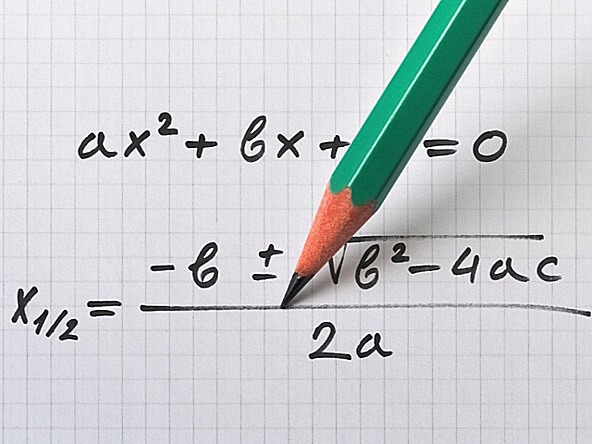Maths until 18 isn't the answer

Is this the biggest challenge I’ve had to date while putting pen to paper? (Or fingers to keyboard, as it were). I am attempting to write a piece about our current Conservative prime minister without Tory-bashing. Dear Reader, I will do my very best – but I cannot make any promises.
The situation is this – I am a bit of a number-loving Maths geek, and always have been. I’ve learnt in lecture theatres, I’ve taught in classrooms, I’ve tutored in kitchens; engaging with audiences as young as three or four, right through to that age where you really shouldn’t be asking people’s age anymore.
In his first speech of the year, the PM announced plans to make the study of Mathematics compulsory until age 18 (it is currently only compulsory until age 16 ). I’m going to ignore the politics behind this for the time being – the NHS, the critical lack of Maths teachers, and all the other ugly bits and bobs – and just focus on the Maths.
As a self-confessed (and proud) numbers geek, you might expect me to be in favour of this idea, but, I think it could do more harm than good. I completely understand and respect the notion to make more of our young adults comfortable with numbers. As a nation, I think we desperately need to do something about the number of people who shudder at the idea of mental arithmetic, and loudly exclaim “I just can’t do Maths!”. As a teacher, there are few things more frustrating than watching the person in front of you mentally shut down and pack up shop because they refuse to engage with the problem in front of them.
Is more Maths, as it is in schools currently, the answer? No, not in my opinion. I’m assuming that Mr Sunak isn’t talking about making everyone complete a Maths A- or AS-level (I don’t know a single person who didn’t question their life choices making that colossal jump from GCSE to A-level). But even thinking about GCSE Maths, and continuing study along a similar route just doesn’t fix the problem we have in my mind.
Do you remember the quadratic equation? I do. It’s still burnt into my brain – easier for me to recite than many a nursery rhyme (just ask my 18 month-old-son, poor kid). When’s the last time I actually used the quadratic equation? Probably in my GCSE Maths exam. Do I know of anyone else who’s been able to use it for good in their day-to-day lives? No. Will it help the future generation be more comfortable and self-sufficient growing up in the real world? Arguably not.
What would be helpful is learning about taxes. How to calculate VAT. How to look at two loaves of bread in the supermarket and work out which one is cheaper if they’re both different sizes and one of them is on offer. How to work out how much that loan will cost you, in the long term. How to calculate how much of your money you need to put away each month so you can afford Christmas this year. How to compare mortgage offers. How to understand the government budget and what it means for you.
Imagine the next generation being a group of confident, savvy, number literate individuals – who may not remember the quadratic equation, but who do know how to live their lives without fearing numbers, without needing to adopt the classic head-in-the-sand approach.
That’s what we need, Mr Sunak. Off you go.
Bethan Blakeley is analytics director at Boxclever. She also writes a column about data and analytics for Impact.

We hope you enjoyed this article.
Research Live is published by MRS.
The Market Research Society (MRS) exists to promote and protect the research sector, showcasing how research delivers impact for businesses and government.
Members of MRS enjoy many benefits including tailoured policy guidance, discounts on training and conferences, and access to member-only content.
For example, there's an archive of winning case studies from over a decade of MRS Awards.
Find out more about the benefits of joining MRS here.












1 Comment
Nigel Hufton
3 years ago
Excellent piece. I agree there is an opportunity to improve basic maths through the teaching of personal finance and thereby also improve the population's 'financial literacy.
Like Reply Report